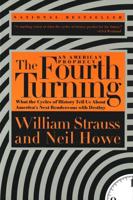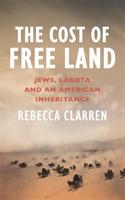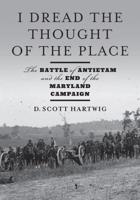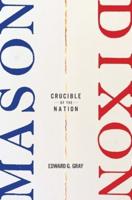Publisher's Synopsis
Our Indigenous Ancestors complicates the history of the erasure of native cultures and the perceived domination of white, European heritage in Argentina through a study of anthropology museums in the late nineteenth and early twentieth centuries. Carolyne Larson demonstrates how scientists, collectors, the press, and the public engaged with Argentina's native American artifacts and remains (and sometimes living peoples) in the process of constructing an "authentic" national heritage. She explores the founding and functioning of three museums in Argentina, as well as the origins and consolidation of Argentine archaeology and the professional lives of a handful of dynamic curators and archaeologists, using these institutions and individuals as a window onto nation building, modernization, urban-rural tensions, and problems of race and ethnicity in turn-of-the-century Argentina. Museums and archaeology, she argues, allowed Argentine elites to build a modern national identity distinct from the country's indigenous past, even as it rested on a celebrated, extinct version of that past. As Larson shows, contrary to widespread belief, elements of Argentina's native American past were reshaped and integrated into the construction of Argentine national identity as white and European at the turn of the century. Our Indigenous Ancestors provides a unique look at the folklore movement, nation building, science, institutional change, and the divide between elite, scientific, and popular culture in Argentina and the Americas at a time of rapid, sweeping changes in Latin American culture and society.








